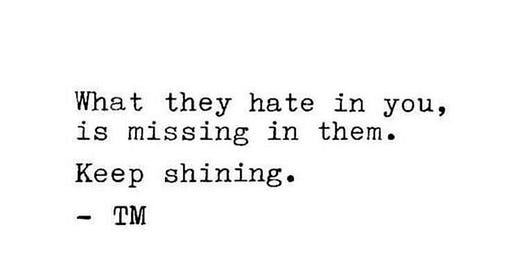Why we cling to the honeymoon phase in toxic relationships—and how to know when the pattern started long before the collapse
A lot of people come to me saying, “It was a really good relationship—except for the last few weeks.”
But when we slow down and trace the story, what usually emerges is something very different. It’s not a clean break between when things were good, and when things got bad. It’s usually a slow unraveling, with retrospective red flags, and a rising sense of confusion that you blamed on yourself. This is usually mixed in with vague tension and a lot of emotions.
And then something happens that sets everything on fire and we can’t unsee it.
In the beginning of almost any relationship, everything feels exciting. New love lights up the brain. There’s curiosity, chemistry, validation. In many emotionally confusing relationships, that early period is supercharged—fast-moving, overly intimate, overly committed.
The honeymoon phase is the phase that hooks you. It feels like it’s going somewhere serious.
But here’s the thing I’ve had to learn the hard way (and that I see in so many survivor stories):
The beginning isn’t who they are. It’s who they want you to believe they are.
When someone is emotionally manipulative, they front-load the “good.” They say all the right things, mirror your values, talk about emotional maturity, communication, and all of their growth. You might even think, finally, someone who gets it.
But when things get real—when stress, conflict, or intimacy deepen—that image starts to shift. They don’t rise with you - and they don’t rise at all. They blame, project, shut down, get angry and emotional. They shut down and/or punish you emotionally for trying to connect.
Keep reading with a 7-day free trial
Subscribe to Hit Me Baby One More Time to keep reading this post and get 7 days of free access to the full post archives.





